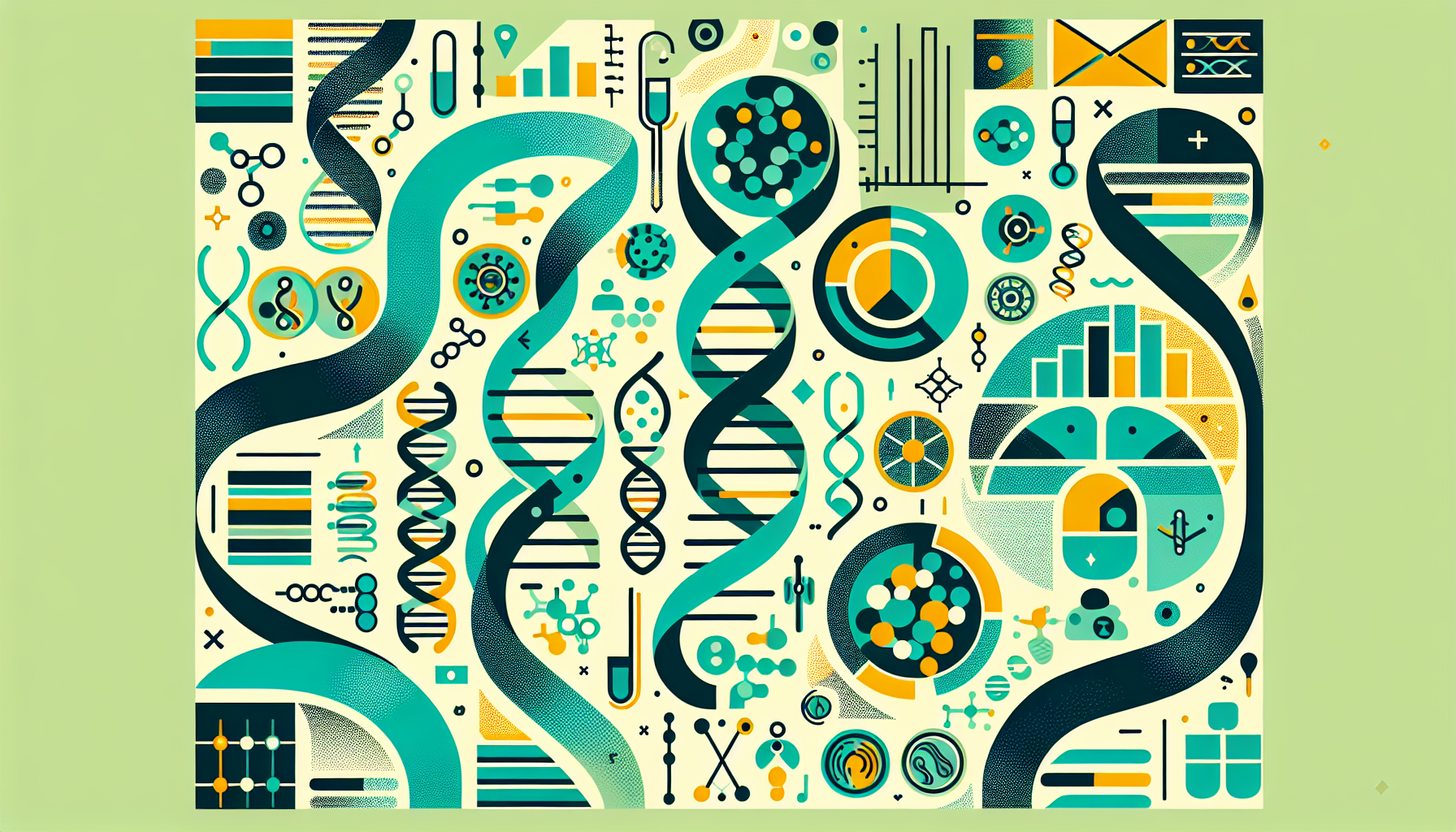Find hypomethylated regions in centromeres
Why it matters
- Identification of hypomethylated regions in centromeres could lead to novel insights into chromosomal behavior and stability.
- This tool offers a significant advancement for researchers studying epigenetics and chromosomal disorders.
- Enhanced understanding of centromeric methylation patterns may contribute to the development of targeted therapies in genetics.
In a significant advance for genetic research, a new software tool has been developed to identify hypomethylated regions in centromeres, the central part of chromosomes crucial for their stability and function. This innovative tool, called Centrodip, is poised to provide researchers with unprecedented insights into the complex world of epigenetics, particularly concerning the role of DNA methylation in chromosomal integrity.
Centromeres play a vital role in ensuring the accurate segregation of chromosomes during cell division. Methylation, a key epigenetic modification, can influence gene expression and chromosomal stability. The identification of hypomethylated regions in these areas can shed light on various genetic phenomena, including chromosomal disorders and the mechanisms underlying cancer.
The Centrodip project offers a user-friendly interface and robust algorithms that enable researchers to analyze methylation patterns within centromeres effectively. By utilizing this tool, scientists can dissect the intricate relationship between DNA methylation and chromosomal behavior, paving the way for new discoveries in genetic research. The ability to pinpoint these hypomethylated regions is particularly significant, as alterations in methylation patterns have been linked to various diseases, including several forms of cancer.
One of the standout features of Centrodip is its ability to process large genomic datasets, making it an invaluable resource for researchers working on population genetics, evolutionary biology, and medical genetics. The tool's developers have emphasized its potential applications in both basic and applied research, highlighting its relevance to ongoing studies in epigenomics and chromosomal stability.
Moreover, the release of Centrodip coincides with a growing recognition of the importance of epigenetic factors in health and disease. Researchers are increasingly acknowledging that genetic information alone does not account for the complexity of biological systems; rather, epigenetic modifications play a crucial role in gene regulation and cellular function. Centrodip addresses this need by providing a specialized platform for examining the specific epigenetic landscape of centromeres.
The impact of hypomethylation in centromeres extends beyond basic research. In clinical settings, understanding the methylation status of centromeric regions could become a powerful diagnostic tool. For instance, certain cancer types exhibit distinct methylation patterns that could serve as biomarkers for early detection. By integrating the insights gained from Centrodip, clinicians may be able to develop more effective, targeted therapies by understanding how these methylation changes influence disease progression.
As researchers begin to utilize Centrodip, the potential for new findings is vast. Studies focused on the role of centromeric hypomethylation in aging, fertility, and developmental disorders could gain momentum, leading to breakthroughs in our understanding of these complex biological processes. The tool's accessibility and user-friendly design are likely to encourage widespread adoption across diverse research fields.
In summary, the introduction of Centrodip marks a pivotal moment in genetic research, particularly in the study of centromeres and their epigenetic regulation. By revealing hypomethylated regions, this tool not only enhances our understanding of chromosomal stability but also opens new avenues for research into the roles of epigenetics in health and disease. With continued exploration, Centrodip has the potential to significantly influence both scientific knowledge and clinical practices in genetics.











